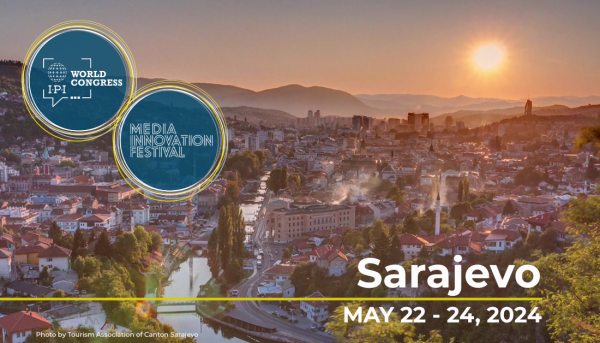In an unexpected telephone call broadcast live during a television show on Italy’s TV channel LA7, the country’s prime minister, Silvio Berlusconi, criticized the programme, calling it a “brothel” and “a disgusting show, conducted in a despicable, vile and repulsive way.”
The 24 January political talk show, “L’Infedele” (“The Infidel”), hosted by well known Italian journalist Gad Lerner, dealt with the ongoing prostitution investigation that Italy’s prime minister is currently facing. Toward the end of the programme, Berlusconi personally called in and attacked the show’s host for spreading lies. “I have just watched an interpretation of reality which is the opposite of truth,” Berlusconi said over the telephone. As Lerner asked Berlusconi to “kindly tone down the insults,” the prime minister replied: “I know what I am talking about, you don’t!”
Finally, Berlusconi insulted the female guests on the show, referring to them as “the so-called ladies,” and invited the representative of his political party to leave the show.
“This kind of direct interference by a head of state in the content of an independent broadcaster is unacceptable as it amounts to intimidation and represents a violation of press freedom,” IPI Acting Director Alison Bethel McKenzie said. “Government representatives have sufficient opportunities to inform the people about their opinions and get their point across and must allow for the free expression of alternative opinions.”
The broadcasting sector in Italy is strongly monopolized. An IPI press freedom mission to Italy in November 2010 found that, of the seven major national television channels in Italy, three are owned directly by Berlusconi, and three belong to the public service broadcaster, Rai, which is controlled by the Italian parliament. “Berlusconi’s current control of both chambers of parliament, however, gives his party unusually broad powers to affect the selection of a majority of RAI’s journalists,” the report of IPI’s press freedom mission to Italy noted.
Berlusconi’s dominant position in the broadcasting sector is even more concerning in view of the fact that television has an overwhelming power in shaping public opinion in Italy. Seventy to seventy-five per cent of the population cites television as its only source of information about politics, the IPI mission found.
In 2002, the hosts of three successful talk shows on RAI lost their positions after Berlusconi criticized them during a press conference, accusing the three hosts of having “made a criminal use of public television.”
More recently, on 1 June and on 23 November 2010, Berlusconi personally called in during the political talk show “Ballaró” on RAI 3 to criticize the show, accusing the host of lying and not giving equal time to representatives of the centre-right coalition.


